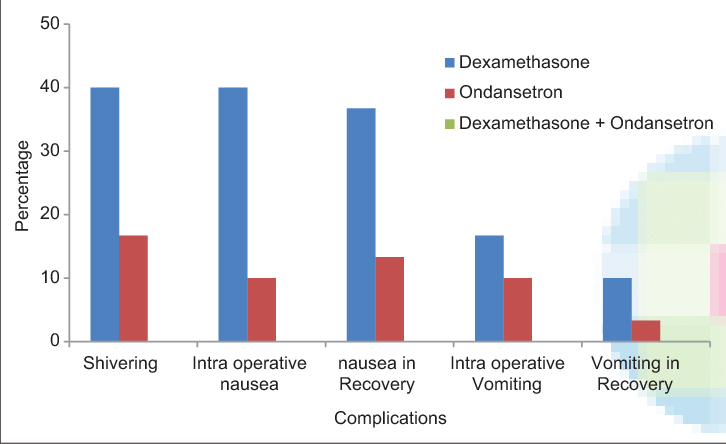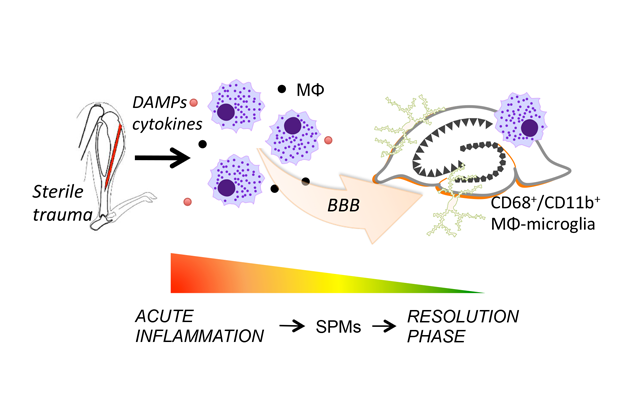You do not fully wake up, but you are very aware of your surroundings. If doctors notice your levels are going up, they will try various techniques to see if you are actually “awake”. When twilight sleep does happen, they can either add more anesthesia to put you back down, or they can do what they have to, to get you out of surgery as soon as possible.
Short term effects start immediately after your operation, but they don't last long. Nausea, dry mouth, sore throat, chills, confusion, muscle aches, itching, bladder problems, and dizziness. Some long term effects can be Postoperative Delirium, which is patients becoming confused and have trouble remembering things after the procedure. The disorientation can come and go but it usually goes away after a week. Postoperative cognitive dysfunction is when the memory problems are ongoing after surgery. Research shows that this is unlikely from the anesthesia, but that its from the actual surgery itself.







